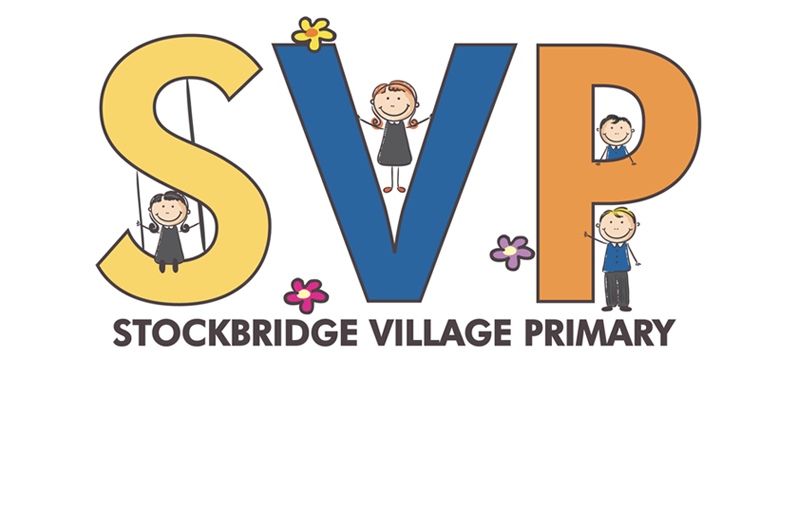English



At Stockbridge VIillage Primary, we use CUSP to deliver our English curriculum, the intent is to foster a deep understanding and appreciation for the English language, encompassing writing skills, key reading abilities, and comprehension through CUSP and Reading Plus. The goal is to create a dynamic and engaging curriculum that not only meets the academic requirements but also ignites a passion for learning that extends beyond the classroom.
Key objectives in the intent include:
- Cylindrical Learning of Writing: Providing a structured approach to writing that facilitates incremental improvement over time, ensuring that pupils build upon their skills and knowledge from one term to the next.
- Key Skills in Reading: Developing a comprehensive reading programme that focuses on critical reading skills such as inference, deduction, and analysis to enhance comprehension and fluency.
- Utilisation of Reading Plus: Integrating Reading Plus as a tool to support reading comprehension, vocabulary development, and reading speed among pupils to enhance their overall literacy skills and academic performance.
Implementation
The English curriculum will be implemented through a holistic approach that involves collaboration among teachers, leadership, students, and parents. Key strategies and practices include:
- Curriculum Design: Developing a well-structured and progressive curriculum that aligns with the National Curriculum for English while incorporating additional elements to enhance writing and reading skills.
- Scaffolded Instruction: Providing tailored support and challenges to meet the diverse learning needs of students, ensuring that every child has the opportunity to excel in English.
- Professional Development: Offering continuous training and support for teachers to enhance their subject knowledge, pedagogical skills, and use of technology to deliver high-quality English lessons.
- Assessment for Learning: Implementing regular formative assessment practices to monitor student progress, identify areas for improvement, and provide timely feedback for growth.
- Use of Technology: Integrating digital tools and resources, including Reading Plus software, for interactive and engaging learning experiences that cater to the needs and interests of modern learners.
- Cross-Curricular Links: Establishing connections between English and other subjects to promote interdisciplinary learning and demonstrate the real-world applications of language skills.
Impact
The impact of the English curriculum will be evident in multiple aspects of student development and school performance. Key areas where the impact will be observed include:
- Academic Achievement: Improved writing outcomes, enhanced reading proficiency, and increased comprehension skills as evidenced by assessment results and pupil progress.
- Engagement and Attainment: Heightened motivation, enthusiasm for learning, and a positive attitude towards English language studies among students, leading to higher levels of attainment and progress.
- Inclusivity and Well-being: Enhanced confidence, self-esteem, and a sense of belonging for all pupils, regardless of background or ability, creating a supportive and inclusive learning environment.
- Parental Involvement: Increased parental engagement and support in promoting literacy skills at home, fostering a collaborative partnership between school and families for the benefit of student achievement.
Overall, the English curriculum will lay a solid foundation for lifelong learning, equipping students with the essential skills and competencies needed to succeed academically and thrive in a rapidly evolving global society.
